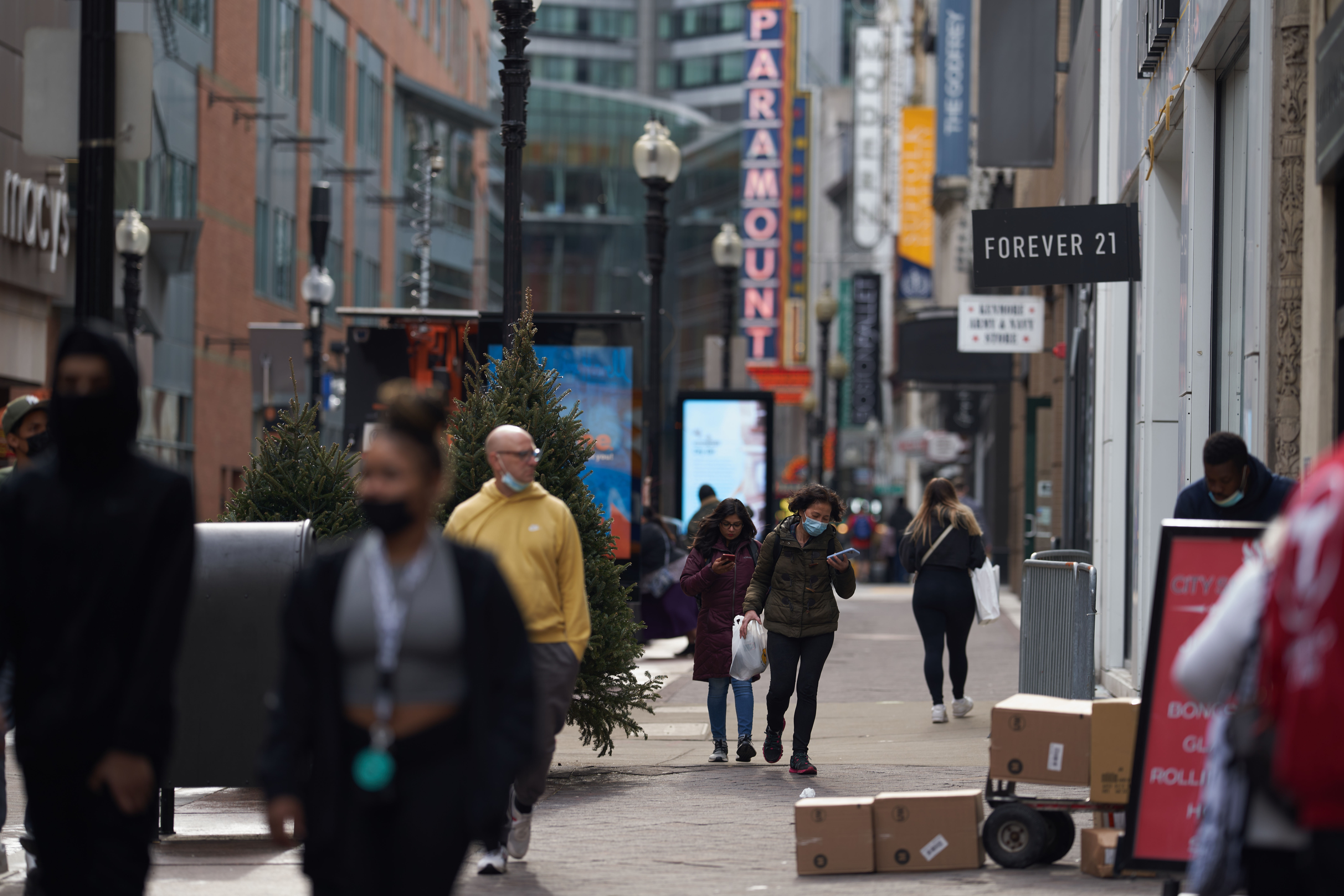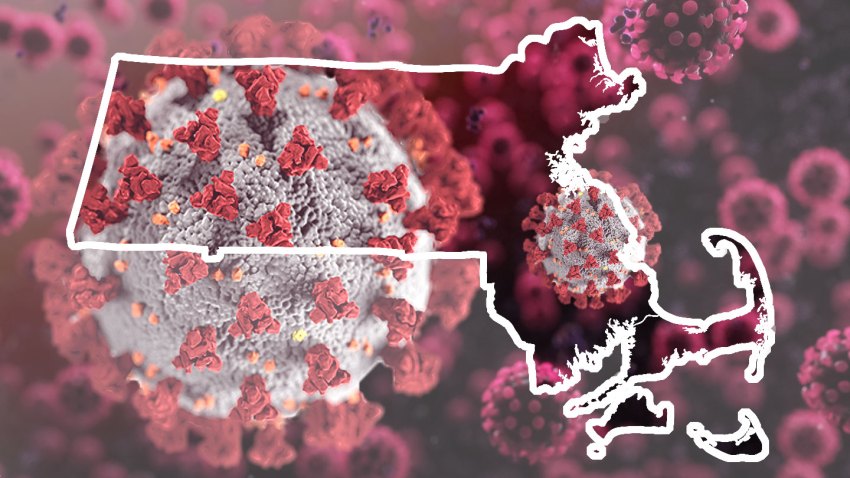The Food and Drug Administration has given the green light to the first COVID-19 test that uses breath samples. The InspectIR COVID-19 Breathalyzer test has to be done by a trained operator, but the FDA said it can provide a result in around three minutes.
We asked two top Boston doctors about this development in our weekly COVID Q&A series. The doctors agreed that the new test adds to the nation's testing arsenal and could prove helpful in getting more people tested.
"This relies on a novel technology that is being explored where you can look at the metabolic signature that is caused by particular infections and diagnose the presence of one infection or another," Brigham and Women's Hospital's Chief of Infectious Disease Dr. Daniel Kuritzkes explained.
Get Boston local news, weather forecasts, lifestyle and entertainment stories to your inbox. Sign up for NBC Boston’s newsletters.
Tufts Medical Center's Dr. Brian Chow echoed his colleague, saying this new test is a positive step for the country.
"I think that having any additional COVID testing capacity is always a plus, especially when COVID resources get strained," he said. "There are also people who, for medical issues, have issues tolerating the nasal swab, so having that alternative way of getting tested adds that layer of security to be able to test other people."
However, the use of the new breath testing will be limited in scope because it cannot be done at home.
"This is not a home test because it requires sophisticated machinery, but it could be implemented at ports of entry, workplaces, and various settings," Kuritzkes said. "I think it is good to have additional testing modalities and then we'll see how this gets deployed."
"Rapid testing clinics may be able to implement this but it will require someone to leave their home to get a test," added Chow.
The test uses equipment about the size of a piece of carry-on luggage, which is why it cannot be used at home. The FDA says if the test comes back positive, it should still be followed up by a molecular test.



